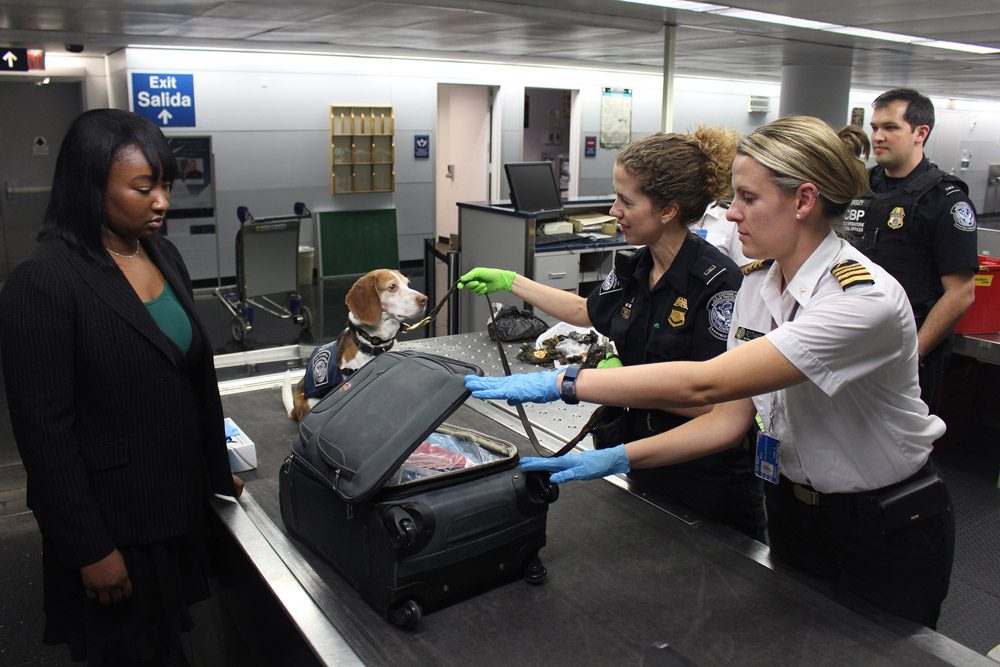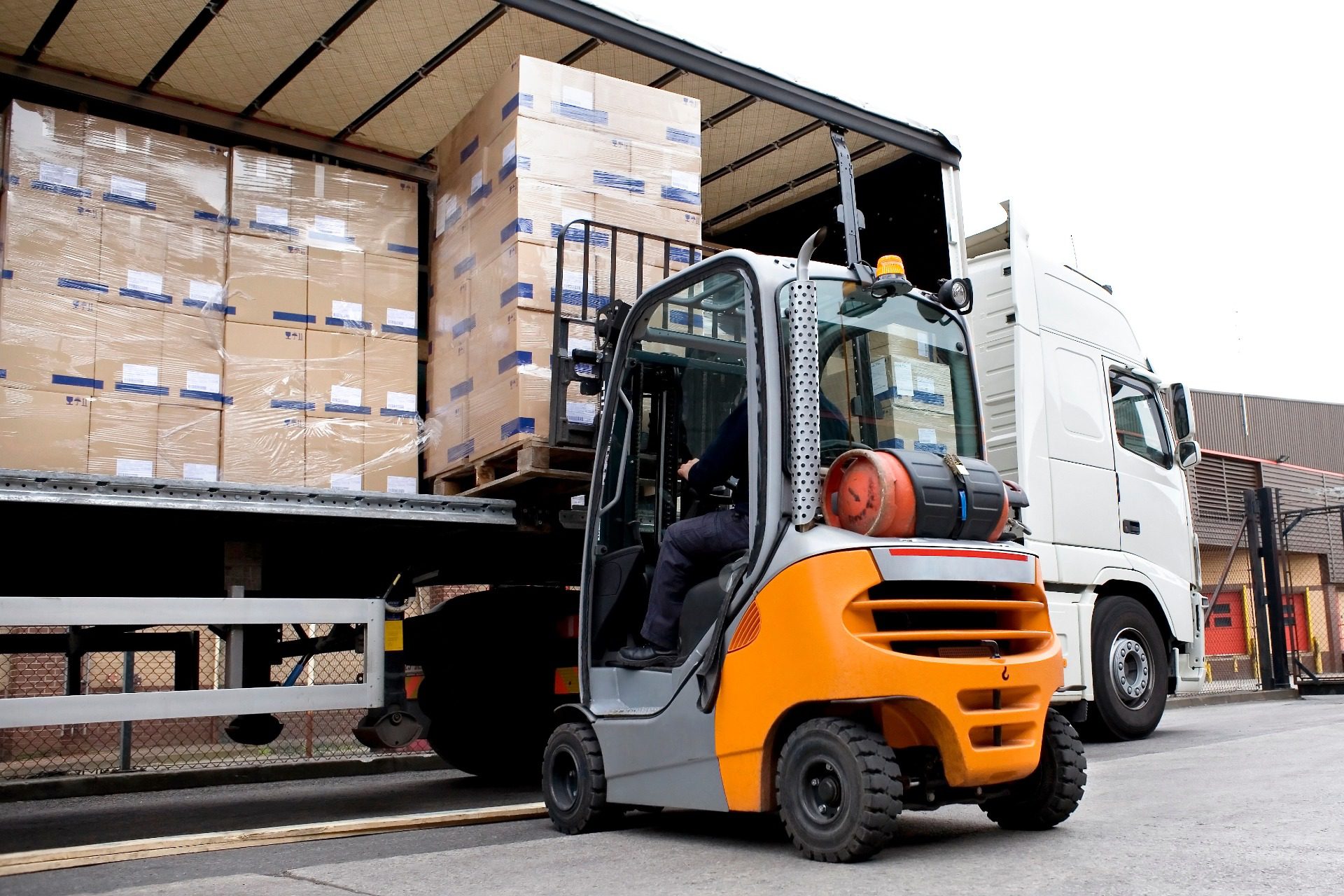A “clearance delay” is the term used when packages or shipments are held at customs. If you’re shipping internationally or importing product across a border, the last thing you want is a clearance delay.
In the day and age of fast, even free shipping, you can’t afford lengthy delays on imports. Bottlenecks due to hang ups at customs mean one important thing: you can’t get a product to your customer.
If you’re looking to avoid costly clearance delays – import goods without the headache with ShipCalm’s guide.
Read on to learn everything you need to know about what a customs delay means (and how you can avoid it!). You’ll learn:
- How Does the Customs Process Work?
- How to Avoid Customs Clearance Delays
- High Risk Clearance Delay Terms
The Customs & Approval Process – How It Works
The customs process can be confusing and frustrating. Even very experienced importers can wind up dealing with unavoidable clearance delay mishaps. Sometimes, things are out of your control, but there are many steps you can take to proactively try to gain clearance at customs as soon as possible after your shipment arrives at port. Understanding the steps in the process is key to avoiding the dreaded customs clearance delay.
Step 1: Importer Security Filing (ISF) – AKA: 10+2 – must be completed with Customs and Border Protection (CBP)
This step actually happens before products even leave the origination country. International freight forwarding companies will file this for you. Here’s the information that should be included during this process:
From the Importer:
- Manufacturer
- Seller
- Buyer
- Ship-to party’s name
- Container stuffing location
- Consolidator
- Importer of record
- Consignee number
- Country of origins
- Harmonized Tariff Number
From the Carrier:
- Vessel stow plan
- Container status message
Step 2: Get all documents together
This can include:
- Bill of Lading (BL or BoL) – this is the receipt containing a list of all the goods in the shipment. It details the quantity and type of goods being shipped, along with the destination. The carrier gives the BoL to the consignee.
- Commercial Invoice (CI) – the CI notes the sold goods and the amount due. The legal document is between the customer and supplier, and it’s one of the most important documents used to clear customs.
- Packing List – a packing list is used for customs to show the weight, quantity, carton count and dimensions.
Step 3: Look for arrival notice from the transportation carrier
The arrival notice is sent to the consignee and is issued by the freight carrier or agent. An arrival notice simply lets the consignee know about the arrival. Arrival notices are sent to the importer or broker once the goods are at the port. The importer has five days to prepare all required documents so the shipment can be cleared.
Step 4: Entry/Immediate Delivery Form filed
With a customs bond, carriers can get the process moving more quickly. They file an Entry/Immediate Delivery form which, if approved, means importers may be able to get their goods released immediately upon arrival.
Step 5: File an Entry Summary
Importers have five days from the time that goods arrive at the port, and ten days after submitting the Entry/Immediate Delivery form, to file what’s known as an Entry Summary. This document will clear goods while at customs.
Step 6: Receive Your Goods
After the customs process is finally cleared, if the exporter has agreed to deliver goods to you, they will issue what’s known as a Delivery Order. This document goes to a freight forwarder and will essentially trigger the delivery of goods from the port of arrival in the United States to your specified location.
How to Avoid Clearance Delays: Fedex & DHL
Getting goods and products cleared through customs can be an exhausting process. There are a number of things that have to happen and steps that need to occur in a very specific order. Failure to follow these steps can result in customs delays that cost you time and money. There are a few common missteps to be aware of.
1. Improper Documentation
Improper documentation is probably one of the most common reasons for delivery delays when dealing with customs. And just having all your documents isn’t all that’s important – you must also fill out documents properly.
In fact, 80% of all customs delays are due to missing or incomplete information or poor descriptions!
Some of the mistakes include:
- Values, pages and quantities aren’t accurate or complete
- Product code isn’t correct
- Incorrect Harmonized Tariff Code used
- Commercial invoice missing
- Currency not specified
Documents that are required to clear customs:
- PO [from buyer]
- Certificate of Origin [issued by and exporter to confirm a product’s country of origin]
- Commercial invoice [legal document between customer and supplier)]
- Airway bill (Bill of Lading) [issued by carrier; shipper gets after receiving cargo]
- Packing list [created document how many items are in your shipment]
2. Poor Product Description
Inaccurate or poor descriptions will most likely cause delays. Carriers must report to the CBP and identify the goods being imported. So if product descriptions aren’t clear or accurate (or if they’re just vague), this will hold up clearance. A good example of this is listing: “parts” instead of “250 bolts.” The more specific, the less chance of a hold up.
3. Incomplete Consignee or Shipper Information
Incomplete names and/or addresses can result in delays as the carrier will then need to spend time determining what to do with the shipment.
4. Incorrect Quality or Value of Goods
Value or quantity that are under-represented in an attempt to avoid taxes and/or duties, or even just resulting from simple honest clerical errors, will almost always result in delays.
5. Outstanding Taxes or Fees
Fees or taxes that are not paid appropriately and in a timely manner will hold up your shipment. Shipments valued at more than $2500 can get tricky. You might need to consider a customs broker. Brokers will take care of taxes and get deliveries released. Keep in mind that even though enlisting their help will be an additional cost, it actually will most often end up costing less than if you try to navigate the process on your own.
6. Client Master File Data Missing
You should give your carrier bond information, importer information and Power of Attorney well in advance of your shipment’s arrival. This important step is the reason for a large percentage of delays at customs. The good news is you generally only have to do this step once, and then future imports can be covered.
7. Packing Regulations Not Followed
Specific mandated packing methods may need to be followed based on the actual port of entry’s requirements. Be sure you understand how to properly pack shipments to ensure release.
High Risk Clearance Delay Terms
There are some high risk clearance delay terms that you should be aware of. Any of these will likely flag a shipment and potentially delay delivery.
| Alcohol | Crossbow | Knife | Shellcase |
| Ammo | Dagger | Knives | Silencer |
| Ammunition | Dart | Knuckleduster | Silver |
| Analgesic | Diamond | Lighter | Skin |
| Animal | Dog Collar | Lithium | Slingshot |
| Armour | Drink | Magnesium | Snuff |
| Asbestos | Drug | Marine | Sodium |
| Axe | Explosive | Medicine | Spirit |
| Bacteria | Fire | Metal | Stungun |
| Baton | Firearm | Micro organism | Sulphur |
| Beer | Fireworks | Military | Supplement |
| Biological | Fish | Mine | Tablet |
| Blade | Flail | Missile | Tabs |
| Blowpipe | Flare | Motor bike | Taser |
| Bomb | Food | Nuclear | Throwing star |
| Bourbon | Fossil | Nunchakus | Tobacco |
| Brake | Fur | Pelt | Toothfish |
| Brandy | Fuse | Personal effects | Torpedo |
| Bullet | Gas | Pharmaceutical | Toxin |
| Cannon | Gem | Pill | Traditional medicine |
| Caps | Glazed | Pistol | Truck |
| Capsule | Gold | Plant | Uranium |
| Car | Grappa | Plutonium | Van |
| Carnet | Grenade | Port | Vegetation |
| Cartridge | Gun | Precious stone | Vehicle |
| Caviar | Handgun | Prescription medicine | Vitamin |
| Cement | Herb | Pyrotechnic device | Vodka |
| Chemical | Hormone | Refrigerant | Waste |
| Chewing tobacco | Household effects | Rifle | Weapon |
| Cigar | Household goods | Rocket | Whisky |
| Cigarette | Hydrogen | Rum | Wine |
| Clam | Insect | Scotch | Wood |
| Collar | Ivory | Seed | Zinc |
Any Other Questions on Clearance Delays? Ask ShipCalm!
The right 3PL can help avoid costly clearance delays at customs. Experience, and a deep understanding of the process, means your shipments will clear without a hitch.
Do you have questions about getting your goods cleared through customs? Reach out to ShipCalm to learn more or get a custom price today. We’re here to help!




